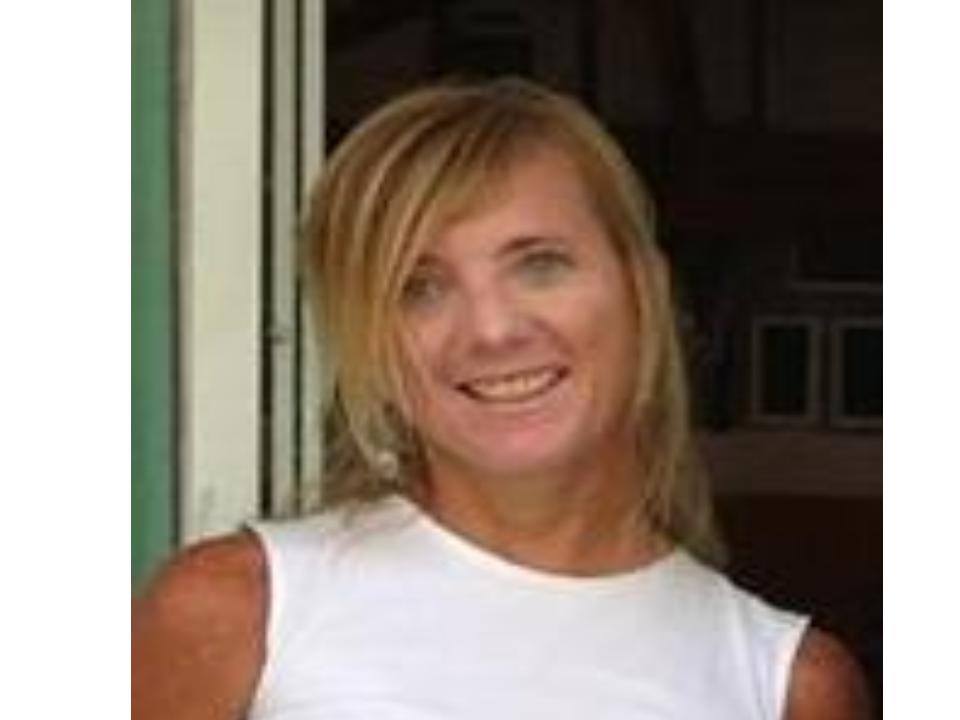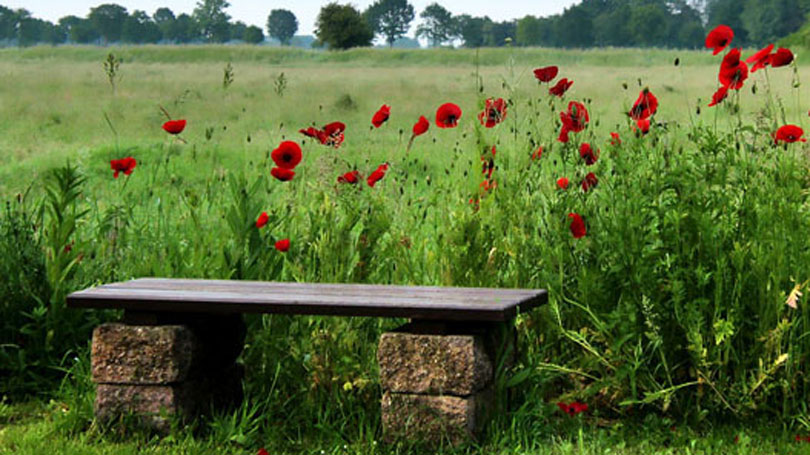I hope you have read about preventing child sexual abuse and bystander intervention, and now, let’s shed some light on the recovery process!
Your role in a child’s recovery sets the tone for a path of healing or, well, not. If a child trusts you enough to report abuse, listen. Listen and believe because the best chance for a positive outcome begins with that. When we listen and believe, healing can and does happen. Every day that passes between the traumatic event and the starting point of the healing process exponentially increases the power and the negativity of the abuse.
Understand that disclosure is a process. Children tend to talk about abuse over time, reading your response and choosing to keep talking or to keep silent. Disclosure may occur over hours, days, weeks, or longer. Be comfortable in the silence, and be patient and open as you wait. Don’t rush to “get to the bottom of it.” Don’t ask leading questions about the details. Questions can come across as judgment and confuse the child’s memory of events. Ask open-ended questions like, “What happened next?” or “Do you want to tell me more?”
Reassure. Say things like, “I believe you,” “It’s not your fault,” “I’m here to help you.” Don’t make broad or overreaching promises about the future.
Seek help from a professional who is trained to talk with children about sexual abuse. Report the abuse to the police or child protective services. Be clear and specific when reporting abuse. If your community has a Children’s Advocacy Center, utilize their services; there is often a good partnership between law enforcement, Department of Social Services, and the Children’s Advocacy Center. To find a Children’s Advocacy Center near you, contact the National Children’s Alliance at www.nationalchildrensalliance.org or call 1-800-239-9950.
Will you choose to believe? Will you choose the path to recovery and healing? Will you choose to report? I believe in you. I believe you will. Because you know that child abuse only stops when WE stop it through prevention, intervention, and recovery.
Do you know your score?
Discover your ACE score and unlock a new understanding of your life. Take the test and gain insights into how your early experiences shape your well-being. Don't let your past define you – empower yourself with knowledge.
Further reading
Read more on child sexual abuse as an Adverse Childhood Experience (ACE)
Read more on Adverse Childhood Experiences
Discover your ACE score and what it means.
Read more on what to do if your child was sexually abused.
Read more on recovery from sexual abuse
Read the parents guide to protecting children from pedophiles

Laura Fogarty
Editor, Ask Lala
Laura Fogarty writes “Ask Lala” for the Stop Abuse Campaign. She is a mother, an advocate and the author of two children’s abuse prevention books: I’M THE BOSS OF ME! and WE ARE JUST ALIKE!
